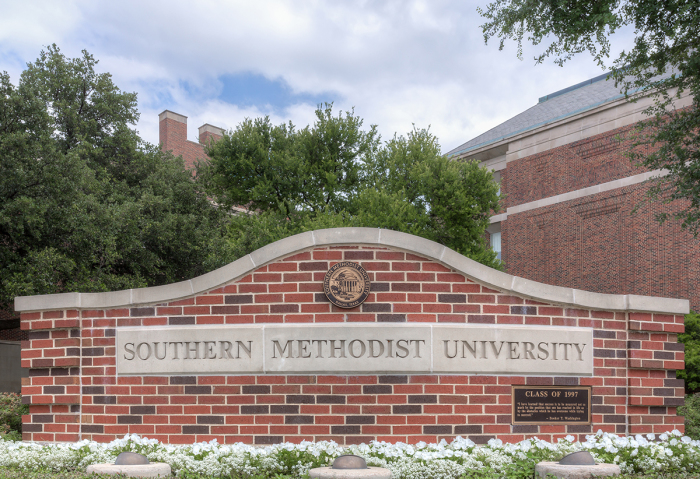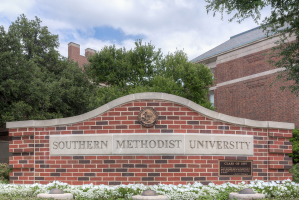Texas Supreme Court to determine if SMU can leave United Methodist Church

The Texas Supreme Court will determine if Southern Methodist University can cut ties with a regional body of The United Methodist Church over theological differences.
In an orders list released Friday, Texas’ highest court agreed without comment to hear arguments in the case of Southern Methodist University and Paul J. Ward v. South Central Jurisdictional Conference of the United Methodist Church and Bishop Scott Jones.
Oral arguments have been scheduled for Jan. 15, 2025.
For decades, the UMC was embroiled in a divisive debate over whether to change its Book of Discipline to allow for the blessing of same-sex unions and the ordination of people in same-sex relationships.
In February 2019, at a special session of the General Conference, delegates voted in favor of “The Traditional Plan,” a measure that reaffirmed the rules on ordination and marriage.
Later that year, in response to the debate, SMU’s Board of Trustees voted to affirm that they, rather than the UMC SCJC, were “the ultimate authority for the university.”
In December 2019, SCJC filed a lawsuit in district court in Dallas County, accusing SMU leadership of committing “unauthorized acts” and stating that the regional body was supposed to be the “electing, controlling, and parental body of SMU.”
“The November 2019 Articles purport to divest SCJC of all its rights guaranteed by the 1996 Articles and SMU’s other governing documents and to effectively terminate the long-standing and permanent relationship between SMU and SCIC,” reads the lawsuit.
“[T]he Trustees of SMU had and have no authority to amend the Articles of Incorporation without the prior approval and authorization of SCJC. Because the Trustees’ acts were neither approved nor authorized by SCJC, the resulting November 2019 Articles are void from their inception.”
Although a Texas district judge ruled in favor of SMU in 2021 and dismissed the SCJC’s complaint with prejudice, the UMC regional body filed an appeal.
In July of last year, a three-judge panel of Texas’ Fifth Court of Appeals reversed the lower court ruling and sided with the SCJC, noting that the UMC has a detailed history with the university.
“In this case of first impression, we must determine whether a nonprofit corporation like SMU, whose governing documents provide that it is to be ‘forever owned, maintained and controlled’ by the conference and that no amendments to said articles ‘shall ever be made’ without the conference’s prior approval, can unilaterally amend the articles to remove these provisions and all other references to the conference,” the opinion stated.
While the panel concluded that the district court erred when it dismissed the SCJC’s breach-of-contract claim, they upheld the dismissal of the conference’s claim that SMU’s move to separate from the church represented a breach of fiduciary duty.
“We have already determined […] that the conference has no legal or equitable title to the SMU campus under its claim of fiduciary duty and therefore affirm summary judgment on that theory of recovery,” stated the panel opinion.
Earlier this year, the UMC General Conference voted to strike down the rules on marriage and ordination after thousands of mostly conservative churches had left the denomination.




























